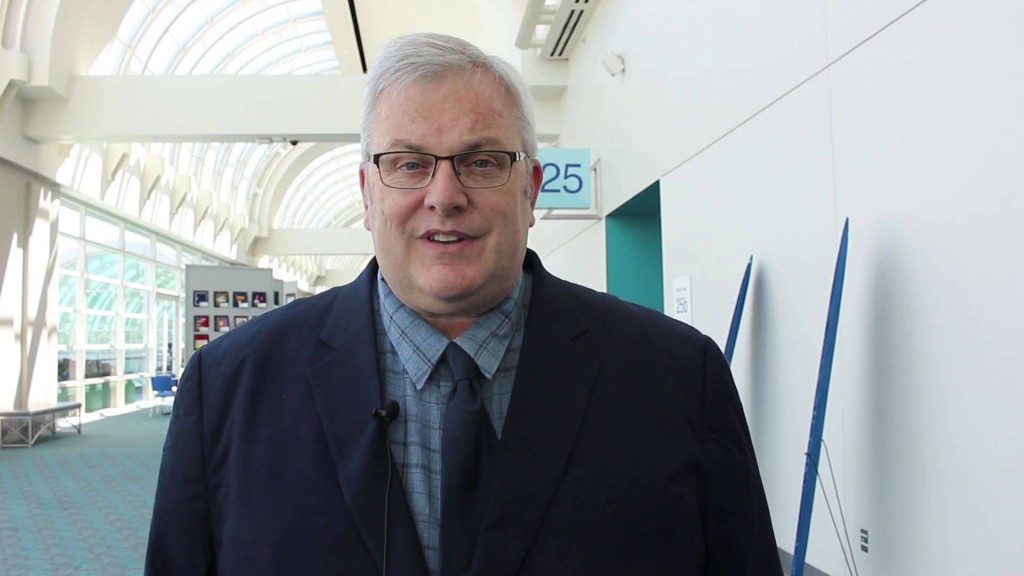This post was contributed by Pam Bernards, Director of Professional Development.
The church has long communicated a clear vision for inclusion. As early as 1965, as a part of the Second Vatican Council, Gravissimus Educationis was promulgated by Pope Paul VI. It primarily addressed education, but most importantly reaffirmed the Church’ commitment to provide a Catholic education for children at every level. In 1978, the Pastoral Statement of US Bishops on Persons with Disabilities was issued. This call was reaffirmed by the bishops in 1988, marking the tenth anniversary of the pastoral statement. The current version of the document, Guidelines for the Celebration of the Sacraments with Persons with Disabilities, was approved by the general membership of the USCCB in 1995. In 1998, twenty years after the 1978 Pastoral Statement, A Framework of Access and Inclusion entitled, “Welcome and Justice for Persons With Disabilities”, was issued. This document was yet another reaffirmation of inclusive practices.
Answering this call is Dr. Michael Boyle, Director of the Andrew M. Greeley Center for Catholic Education at Loyola University Chicago. In his session entitled All Are Welcome: Building the Capacity of Catholic Schools to Serve the Needs of Students with Disabilities, Michael and Dr. Sandria Morton, Assistant Director for Inclusive Practices within the Greeley Center, shared the components of “All Are Welcome,” an initiative designed to support Catholic schools in developing innovative ways to meet the needs of all children within the Catholic school setting. This four part process features professional development and direct support via a Certificate Program in Special Education Administration. The goal is assist Catholic schools in developing innovative and sustainable programs to meet the needs of students. This program includes an embedded externship that provides hands-on experiences for the participants.
During the presentation, the essential components of implementing an inclusive approach in Catholic schools were identified: Curriculum, Instructional Strategies, Assessment, and Positive Behavior. Emphasis was given to building the structure, procedures, and protocols to create a sustainable approach to providing for the needs of students with disabilities in Catholic schools. Additionally, the critical elements of effective partnerships to support students were identified.
